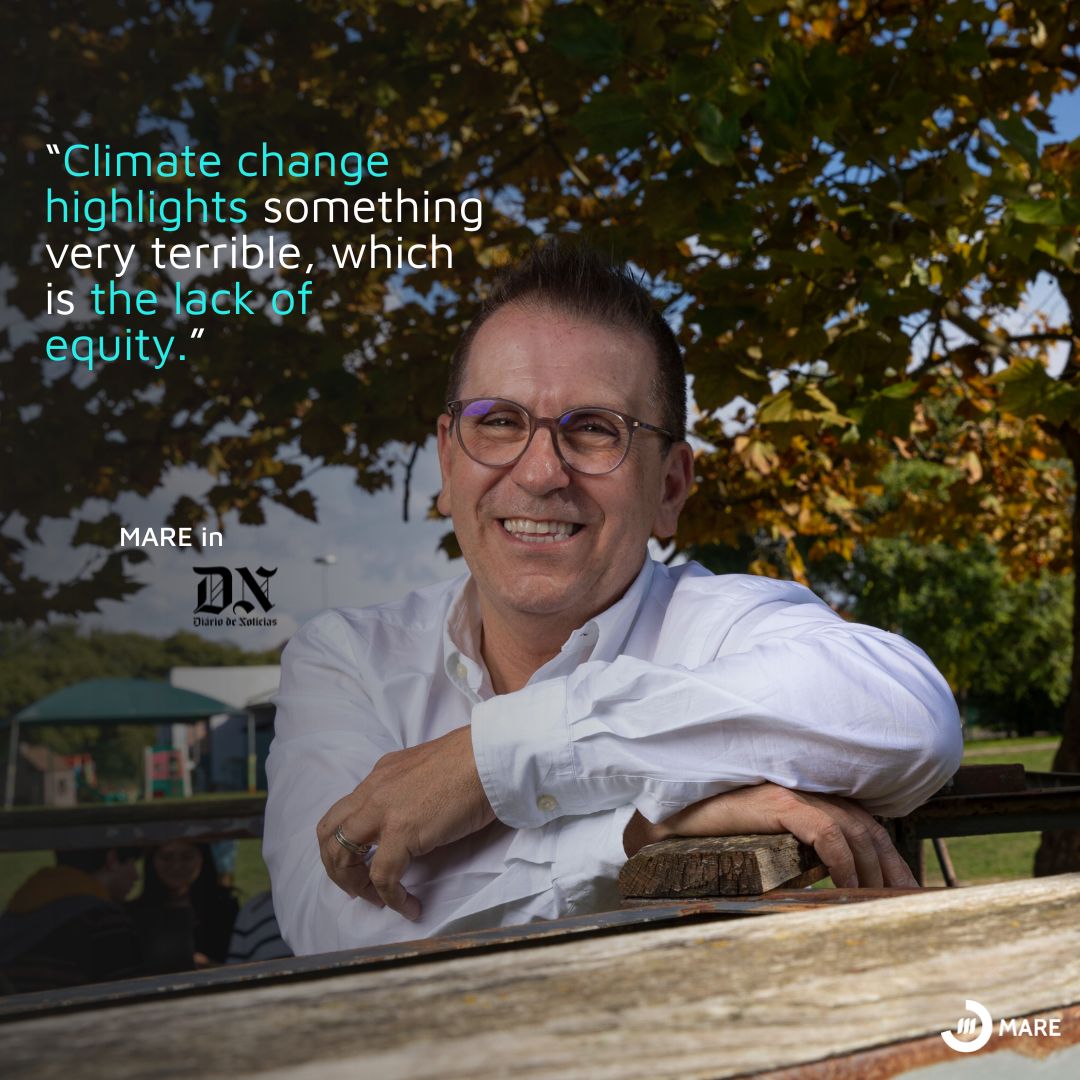José Carlos Ferreira in an interview with Diário de Notícias
At a time when municipalities are embarking on a new cycle of governance, MARE researcher José Carlos Ferreira issues a warning: the response to the housing crisis cannot come at the expense of mobility, the environment and urban cohesion. 
For the spatial planning expert, it is urgent to return to an integrated vision of cities. The focus on the housing problem, although understandable and necessary, has sidelined other aspects that are essential to urban functioning.
The housing crisis, driven by new dynamics of demand — particularly associated with tourism, digital nomads and international investment — has shifted the focus away from other priorities, such as sustainable urban planning and combating climate change in urban areas.
José Carlos Ferreira points out that mass construction can alleviate part of the problem in the short term, but poses serious risks if it is not accompanied by a strategy that takes into account the impacts on the territory.
In addition to housing, mobility is another key issue. Road congestion in metropolitan areas, the lack of quality public transport in some areas and dependence on private cars show that cities remain ill-suited to the demands of sustainable and accessible mobility.
The ‘15-minute city’, which offers services and facilities close to where people live, could be one way forward. But it requires intelligent spatial planning that avoids long journeys and promotes a better quality of life.
José Carlos Ferreira also points to the need to restore and rehabilitate urban centres in order to guarantee access to the city for the middle class.
In the context of climate change, the researcher warns that the risks are increasing and that Portuguese cities remain ill-prepared for extreme phenomena such as floods or heatwaves.
Finally, José Carlos Ferreira stresses that it is essential to invest in public policies capable of creating sustainable and inclusive solutions, and concludes by reinforcing the importance of involving citizens in city planning and management processes.
To read the interview, click HERE
Text by Patrícia Carvalho
